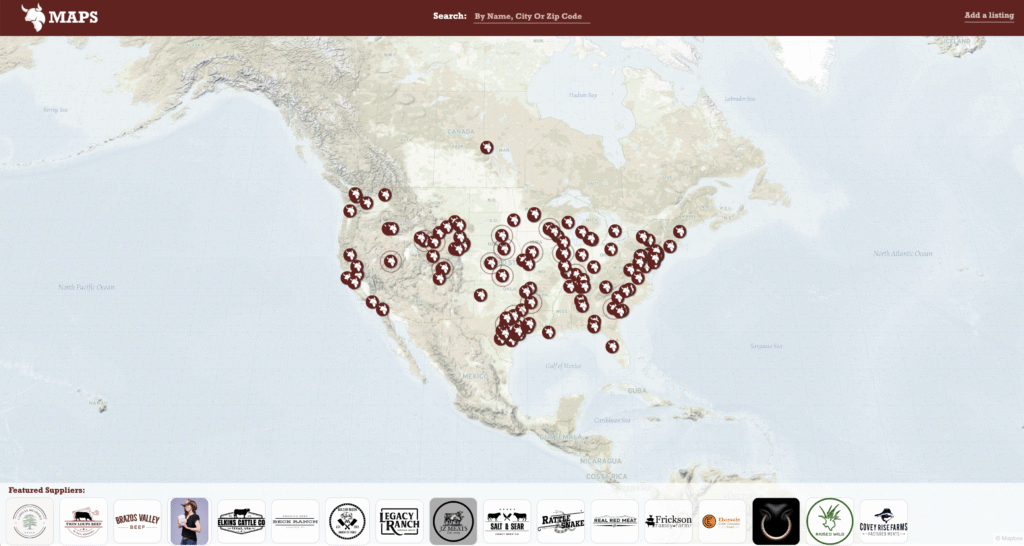When Fauquier County supervisor Daron Culbertson announced plans to sell his family farm to data‑center developers, he cited dwindling farm incomes and the unrelenting rise of utility easements as driving forces behind his decision . His statement surfaced amid growing ethical concerns, including calls for an independent investigation and scrutiny under state conflict‑of‑interest standards .
Economic Upside and Local Backlash
In Virginia, data centers are a double-edged sword. A recent Joint Legislative Audit & Review Commission (JLARC) report estimates the state contributes over 35% of the world’s data centers, with massive sites near Richmond poised to double regional electric demand — raising residents’ monthly power bills by $14–$37 by 2040 . Henrico County alone reaped some $60 million in tax revenue from data centers last year, funneling it into a new Affordable Housing Trust Fund .
Megan Bourke of Loudoun County reports that data centers now make up nearly a quarter of the county’s tax base, helping lower residential rates — though the rush for land has driven up housing costs and displaced other types of growth .
Poorly Timed Deals, Local Opposition
In Fauquier and other rural localities, restrictive land-use policies passed last year to deter data centers are now being challenged in court and by concerned citizens, who cite environmental harms, water use, and strain on infrastructure. In nearby Prince William, a proposed 2,000‑acre “Digital Gateway” data center project near Manassas Battlefield was approved after a marathon 27‑hour public hearing — despite fierce community resistance . And just across the border in West Virginia, towns are protesting new laws that override local zoning in favor of gas-powered AI infrastructure .
Balancing Act: Long-Term Impacts
An in-depth study in The Cloud Next Door reveals how data center expansion significantly impacts local communities — straining electricity demand, water resources, and even real estate markets . While construction brings jobs, the ongoing limited workforce and unbuffered energy costs paint a mixed picture .
What Comes Next?
As localities scrutinize incentive-heavy deals (Virginia handed out $750 million in data center tax credits in 2023) , new state legislation aims to introduce utility cost controls and zoning safeguards — though most efforts faltered in the legislature this session.
BeefMaps.com helps you source beef from real ranches—not concrete farms—so your dinner doesn’t come at the cost of disappearing countryside.






0 Comments